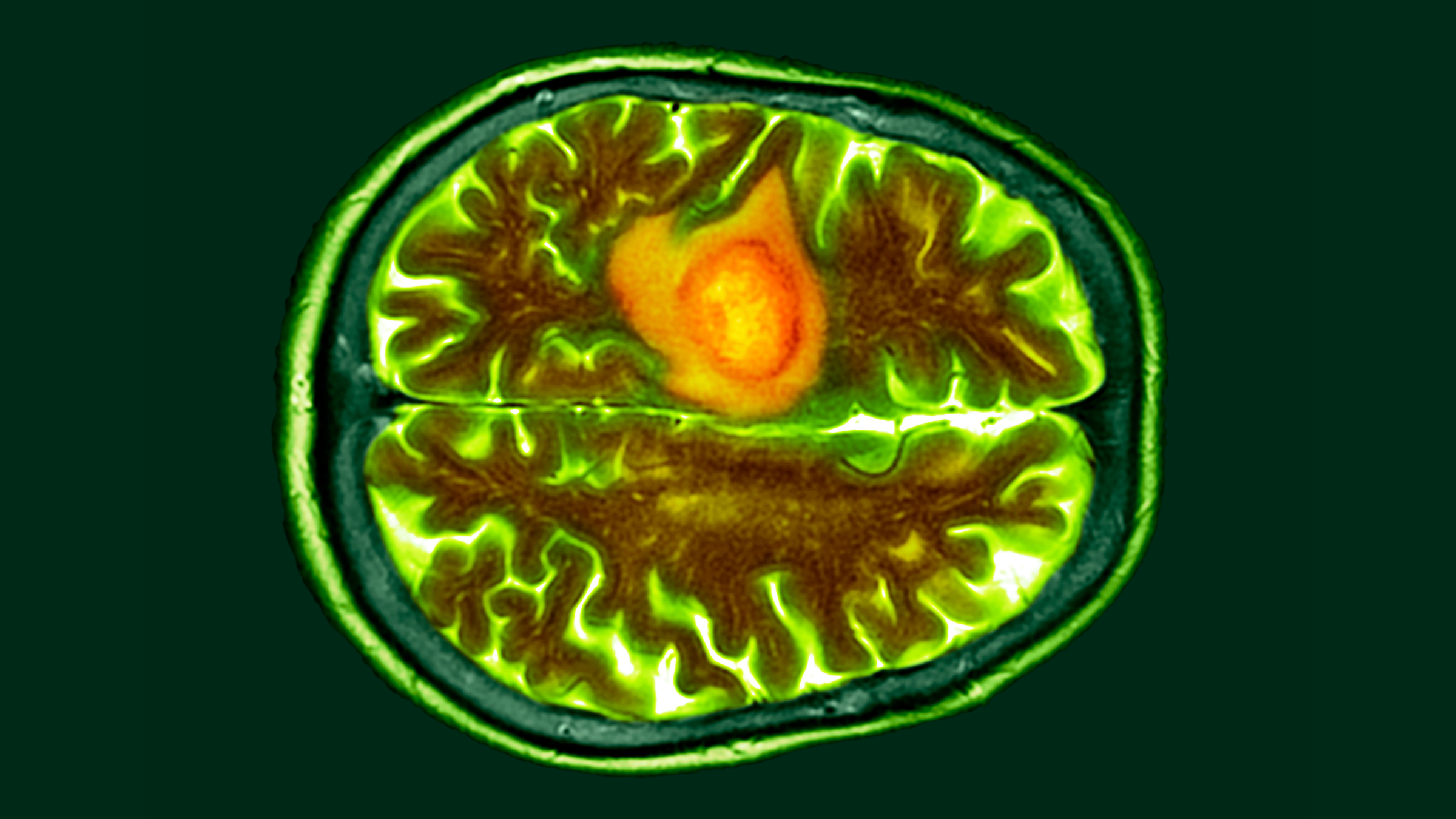
Emily Cooke
Emily is a health news writer based in London, United Kingdom. She holds a bachelor's degree in biology from Durham University and a master's degree in clinical and therapeutic neuroscience from Oxford University. She has worked in science communication, medical writing and as a local news reporter while undertaking NCTJ journalism training with News Associates. In 2018, she was named one of MHP Communications' 30 journalists to watch under 30. (emily.cooke@futurenet.com)
Latest articles by Emily Cooke

Circus 'Wall of Death' stunt may keep astronauts fit on the moon
By Emily Cooke published
Just a few laps of the wall a day may be enough to keep muscle wasting at bay, scientists say.

Could cannabis treat cancer someday? Here's what the science says so far
By Emily Cooke published
For decades, cannabis has been studied for its potential antitumor properties, but whether it can actually treat cancer is still unknown.
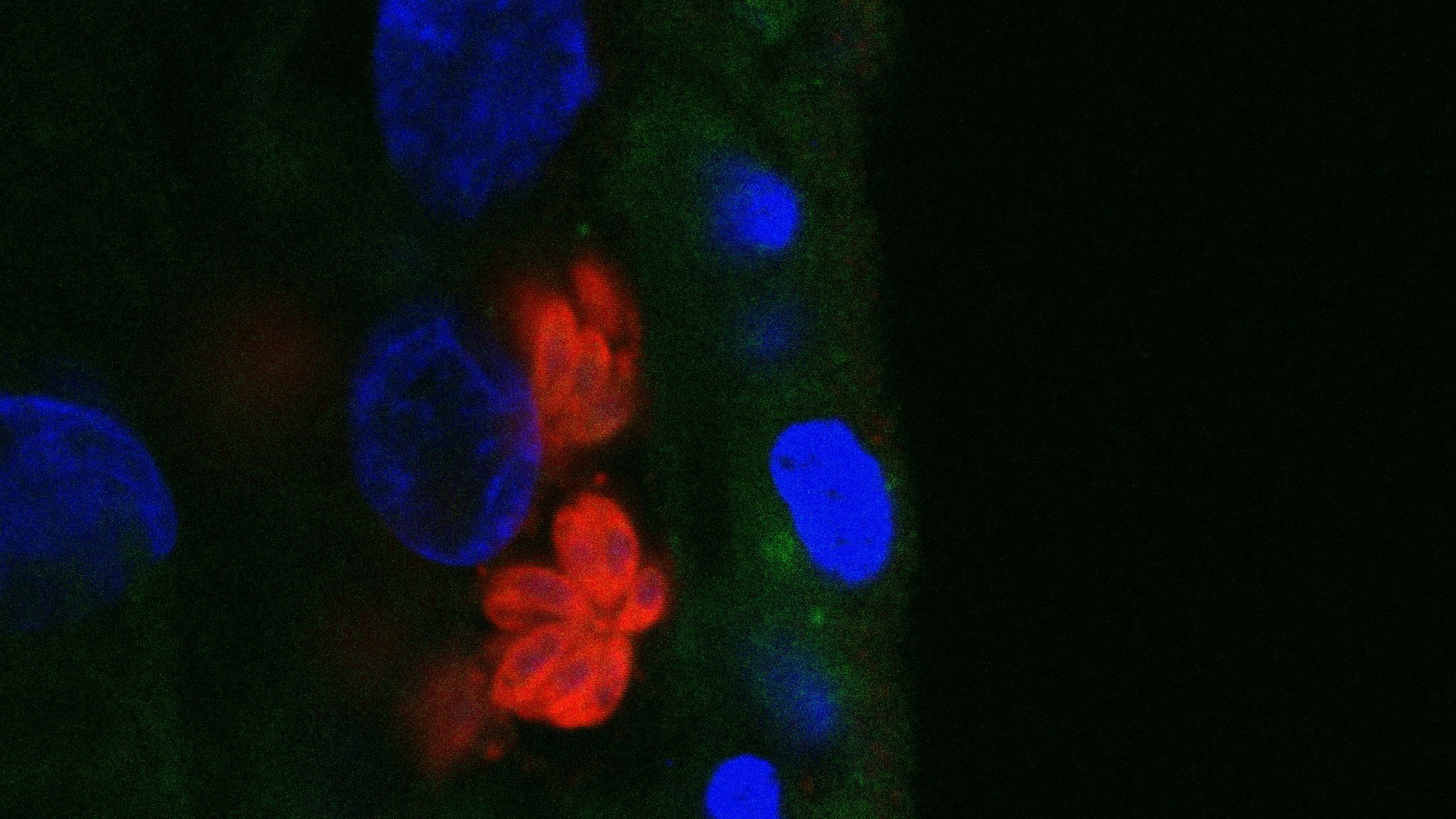
Lab-grown mini-placentas reveal clue to why pregnancy complications happen
By Emily Cooke published
Infections can trigger pregnancy complications, and now, new miniature versions of the placenta are helping show why.
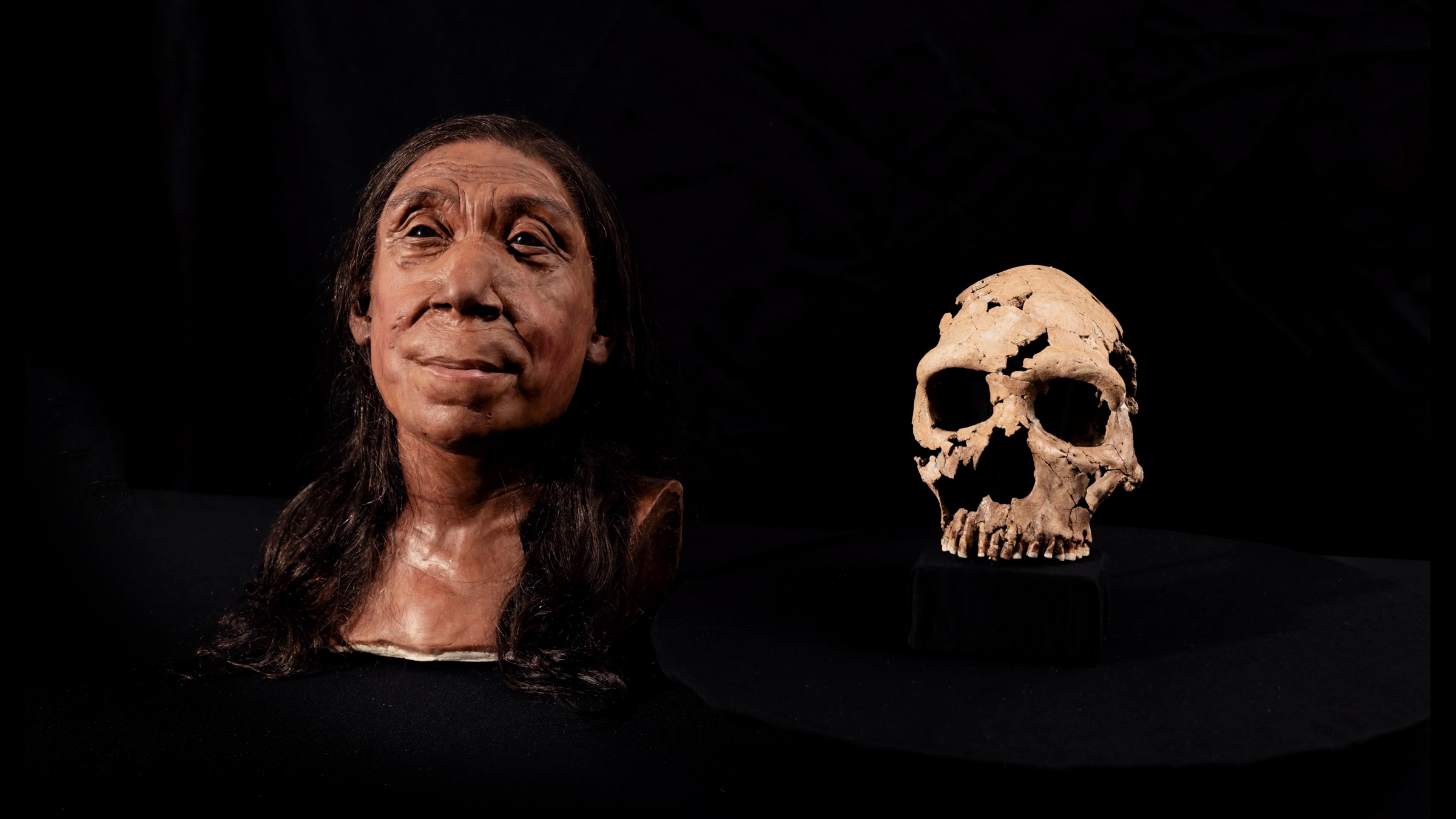
Neanderthal woman's face brought to life in stunning reconstruction
By Emily Cooke published
With her long, brown hair and determined gaze, the new facial reconstruction lets us peek into the world of an archaic human who lived tens of thousands of years ago.

Optical illusion reveals key brain rule that governs consciousness
By Emily Cooke published
A study of mice starts to unravel how the brain gets tricked by this kind of optical illusion, and it gives clues about how visual perception works.
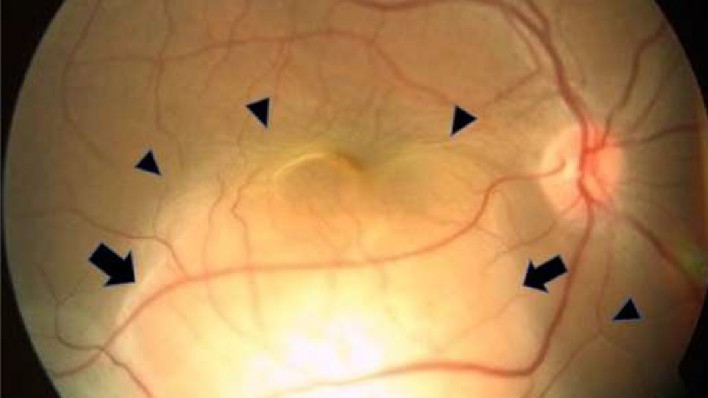
Woman's sudden blindness in 1 eye revealed hidden lung cancer
By Emily Cooke published
Doctors say it's very unusual to develop a visual impairment as the first symptom of lung cancer.
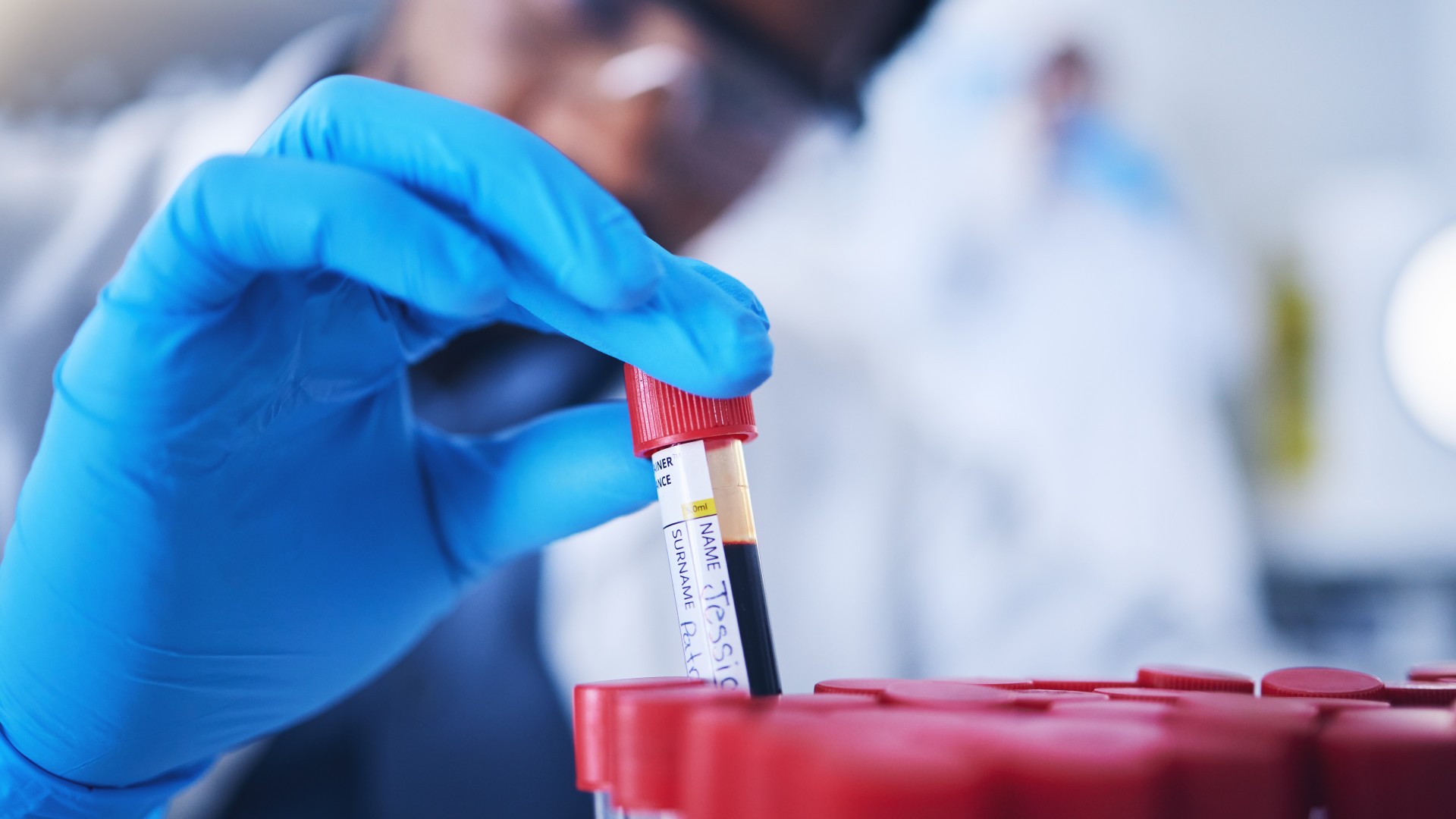
Blood test powered by AI could catch osteoarthritis 8 years earlier than X-ray, early data show
By Emily Cooke published
A new blood test could determine whether someone will develop knee osteoarthritis up to eight years before structural damage is picked up by an X-ray.
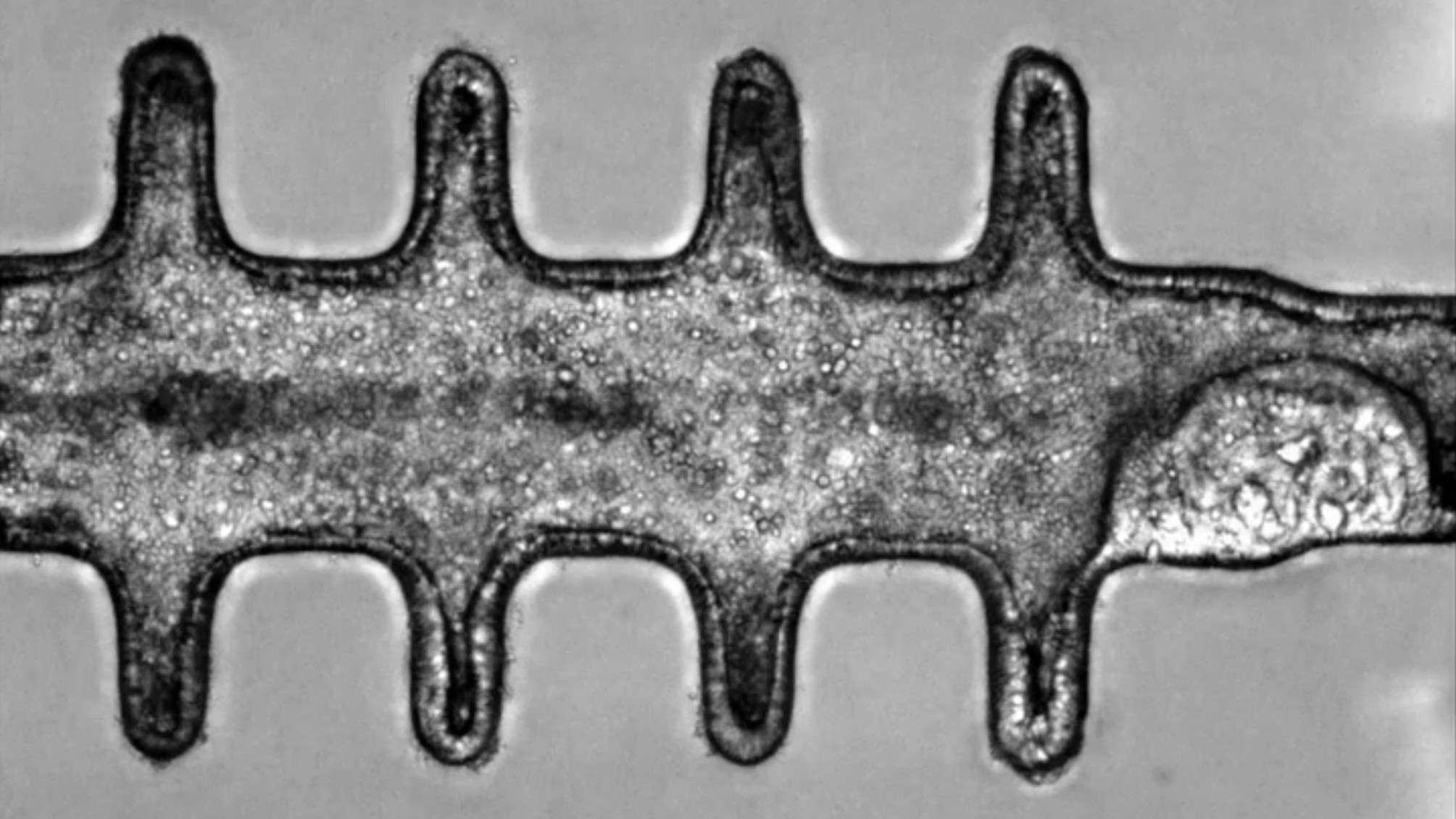
Scientists just grew super realistic, miniature colons in the lab and gave them cancer
By Emily Cooke published
The tiny colons were grown from mouse stem cells, but human versions could one day be used to test new drugs for colorectal cancer, scientists say.
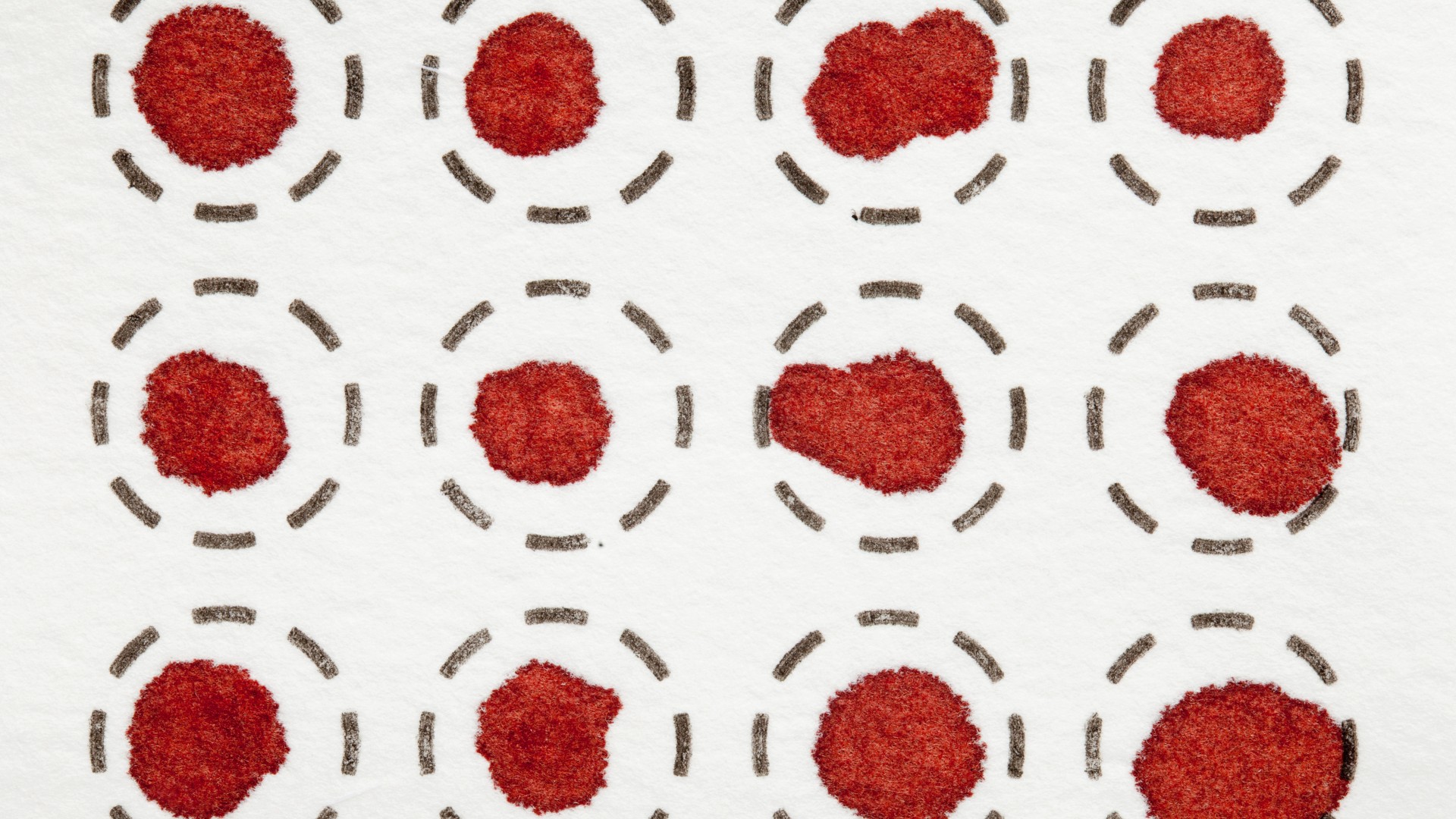
Detecting cancer in minutes possible with just a drop of dried blood and new test, study hints
By Emily Cooke published
Early tests suggest that a new tool that requires only a single drop of blood could detect three of the deadliest forms of cancer.
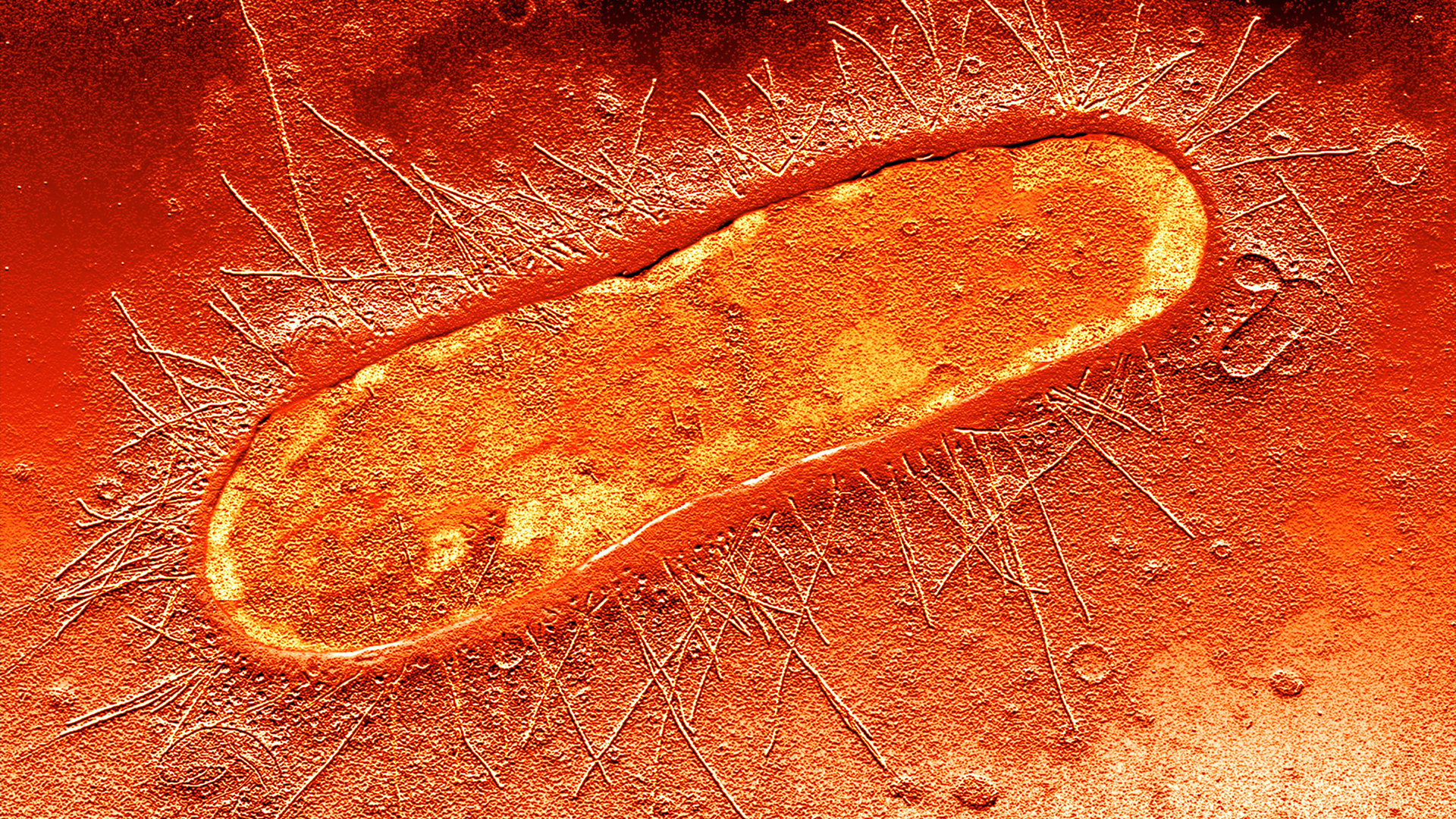
'Vampire' bacteria thirst for human blood — and cause deadly infections as they feed
By Emily Cooke published
Several bacteria that can cause deadly bloodstream infections in humans are attracted to an amino acid in our blood, scientists have discovered.

Scientists uncover the cells that save you when water goes down the wrong pipe
By Emily Cooke published
In a mouse study, scientists uncovered the sensory cells that trigger coughing when you inhale water by mistake.

Modern Japanese people arose from 3 ancestral groups, 1 of them unknown, DNA study suggests
By Emily Cooke published
Modern Japanese people largely originated from three ancestral groups and carry ancient DNA that may influence their risk of developing certain diseases, genetic analyses suggest.

Tube-tying surgeries and vasectomies skyrocketed post-Roe
By Emily Cooke published
A new study suggests that the overturning of Roe v. Wade in 2022 prompted a surge in young people undergoing sterilization procedures, especially women.
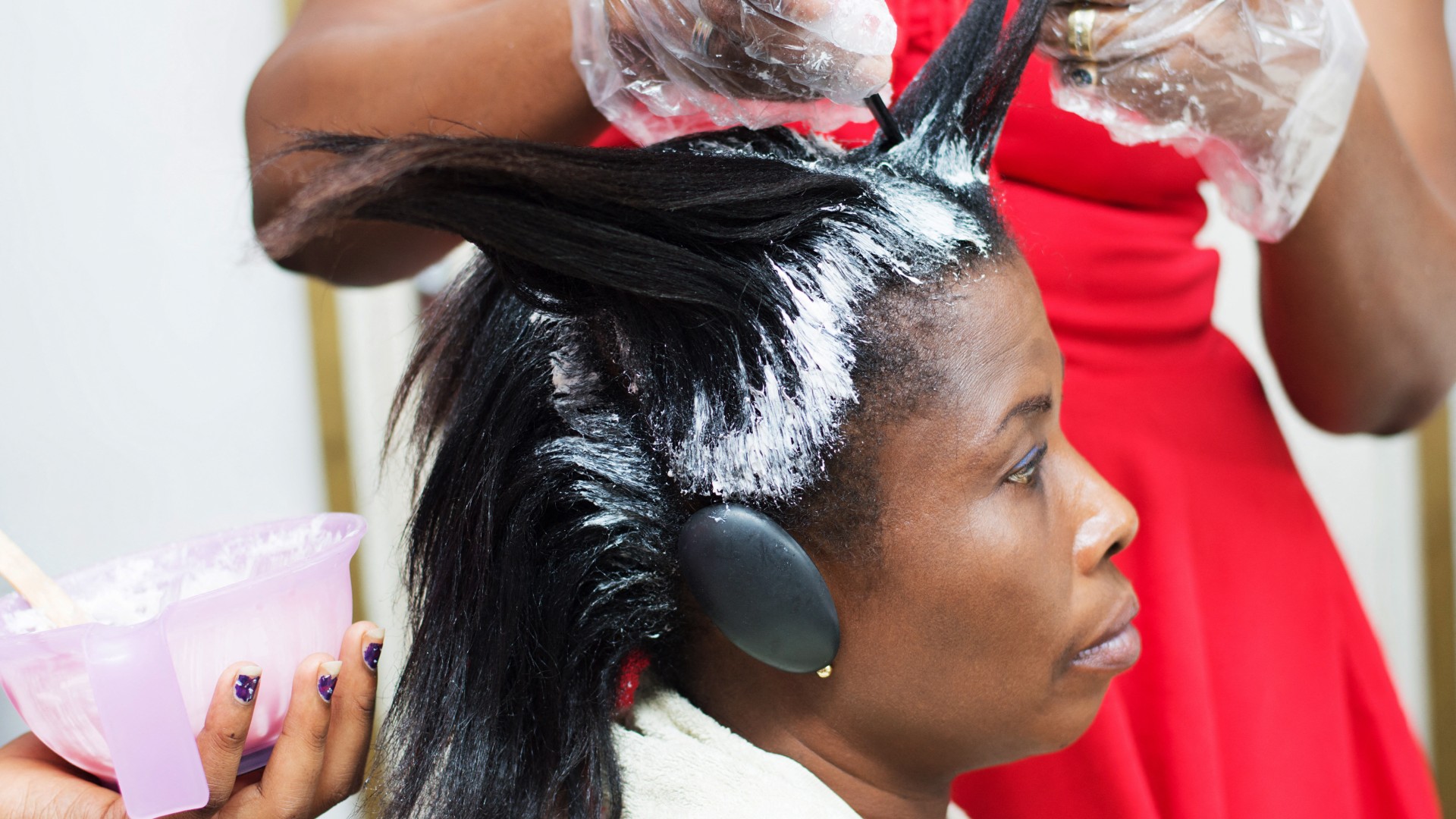
Hair-straightening products contain chemicals that boost risks of cancer, kidney injuries and breathing issues
By Emily Cooke published
The FDA is poised to ban the carcinogen formaldehyde from hair-straightening products, but experts say other chemicals will remain that pose their own risks.
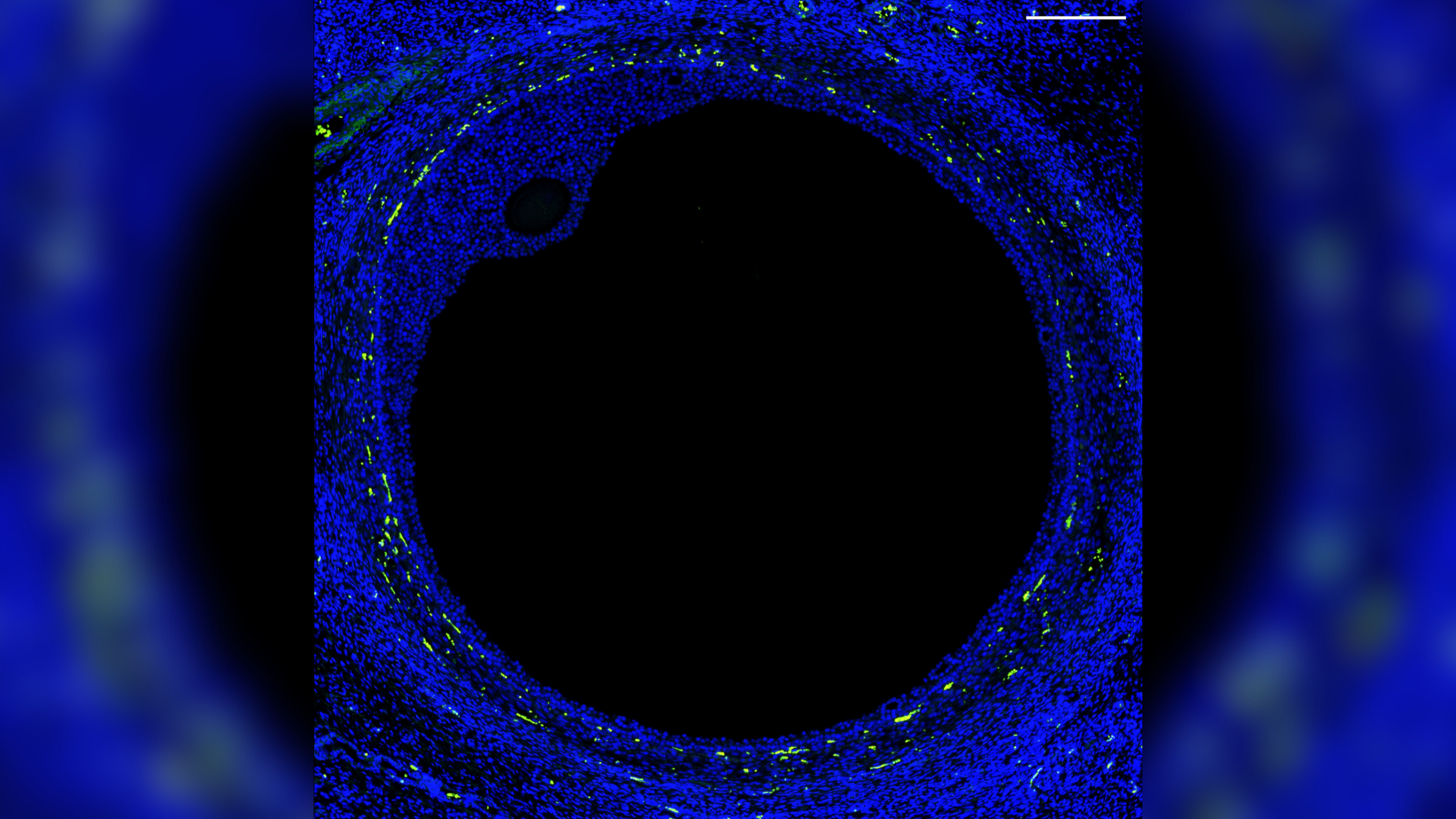
1st 'atlas' of human ovaries could lead to fertility breakthrough, scientists say
By Emily Cooke published
The first ever "atlas" of this female reproductive organ could be used to improve fertility treatments, scientists say.
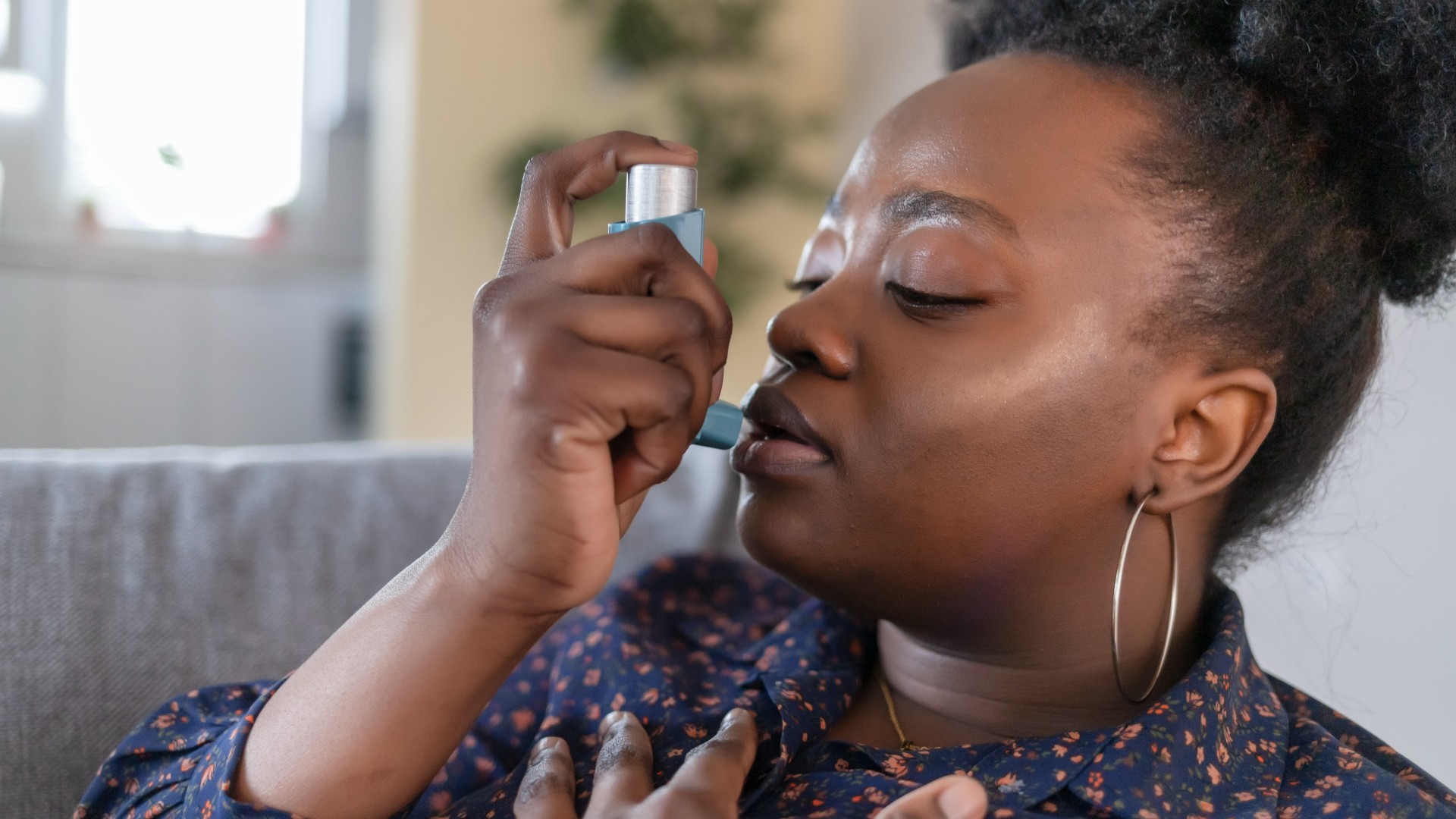
New cause of asthma lung damage revealed
By Emily Cooke published
In a lab study, scientists have pinpointed a potential way to "break the inflammatory cycle" of asthma.
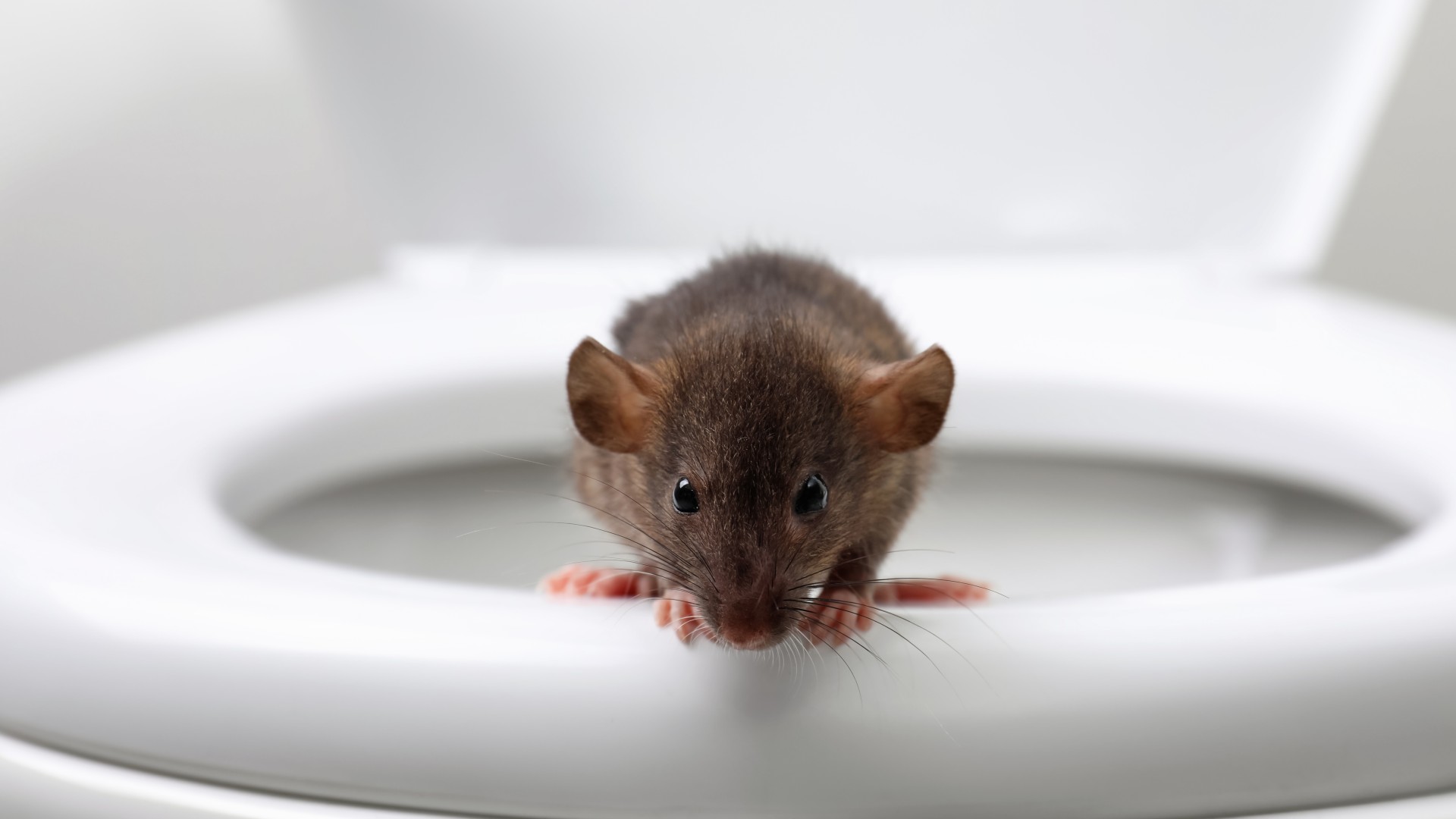
Bite from toilet rat hospitalizes man in Canada
By Emily Cooke published
Doctors believe the man was likely infected with bacteria in the rat's mouth.
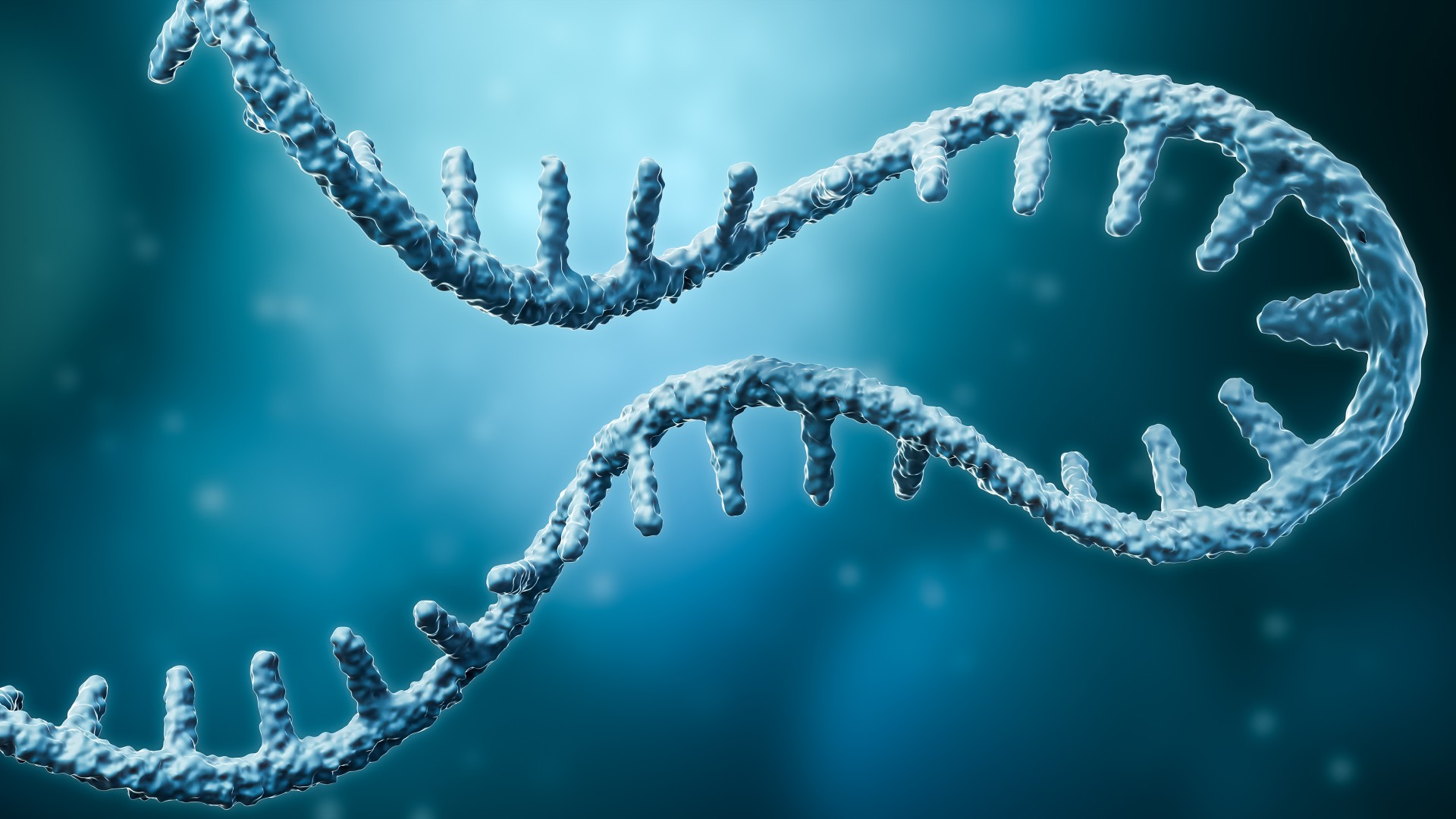
New mRNA therapy shows promise in treating 'ultrarare' inherited disease
By Emily Cooke published
Initial trial results suggest that a new mRNA therapy may be able to safely and effectively treat propionic acidemia, a rare metabolic disorder.
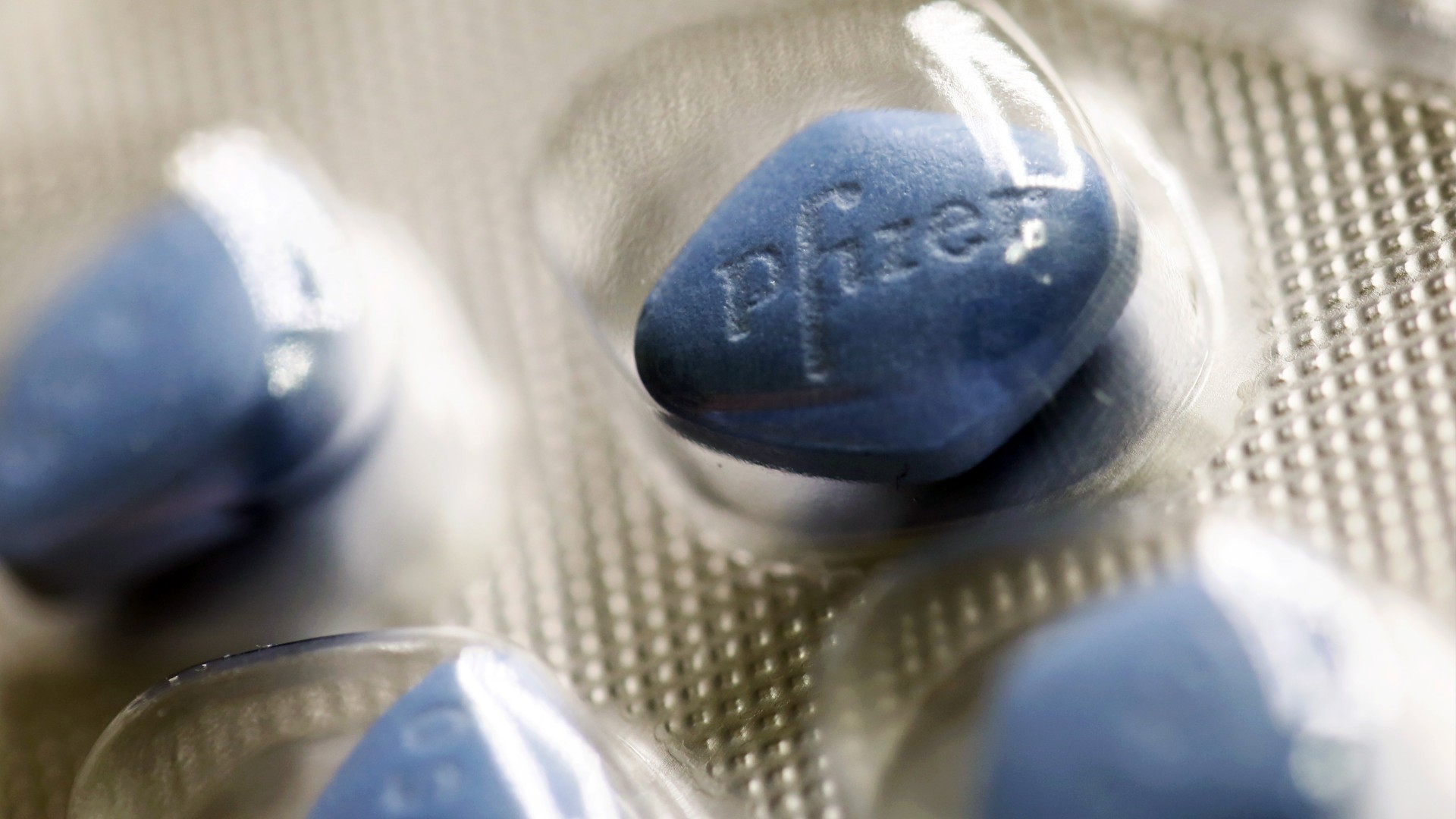
Does Viagra reduce the risk of Alzheimer's? Here's what we know.
By Emily Cooke last updated
Viagra is best known for triggering erections, but several studies have suggested that the drug may lower the risk of Alzheimer's disease. What do we know so far?
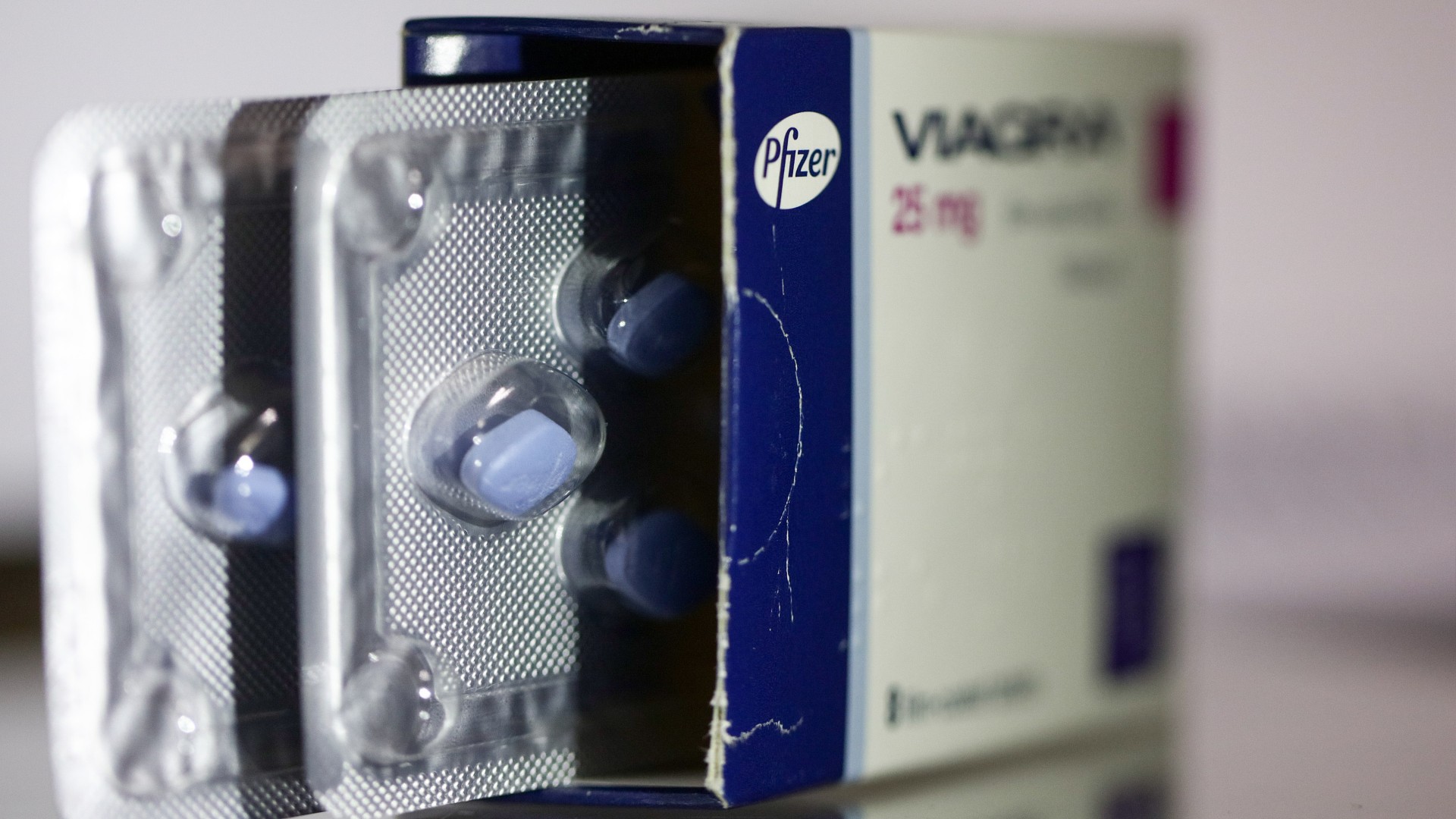
Active ingredient in Viagra tied to lower Alzheimer's risk — but don't get too excited
By Emily Cooke published
Once more, sildenafil, the main active component of the "little blue pill," has been found to be associated with a reduced risk of developing Alzheimer's disease.
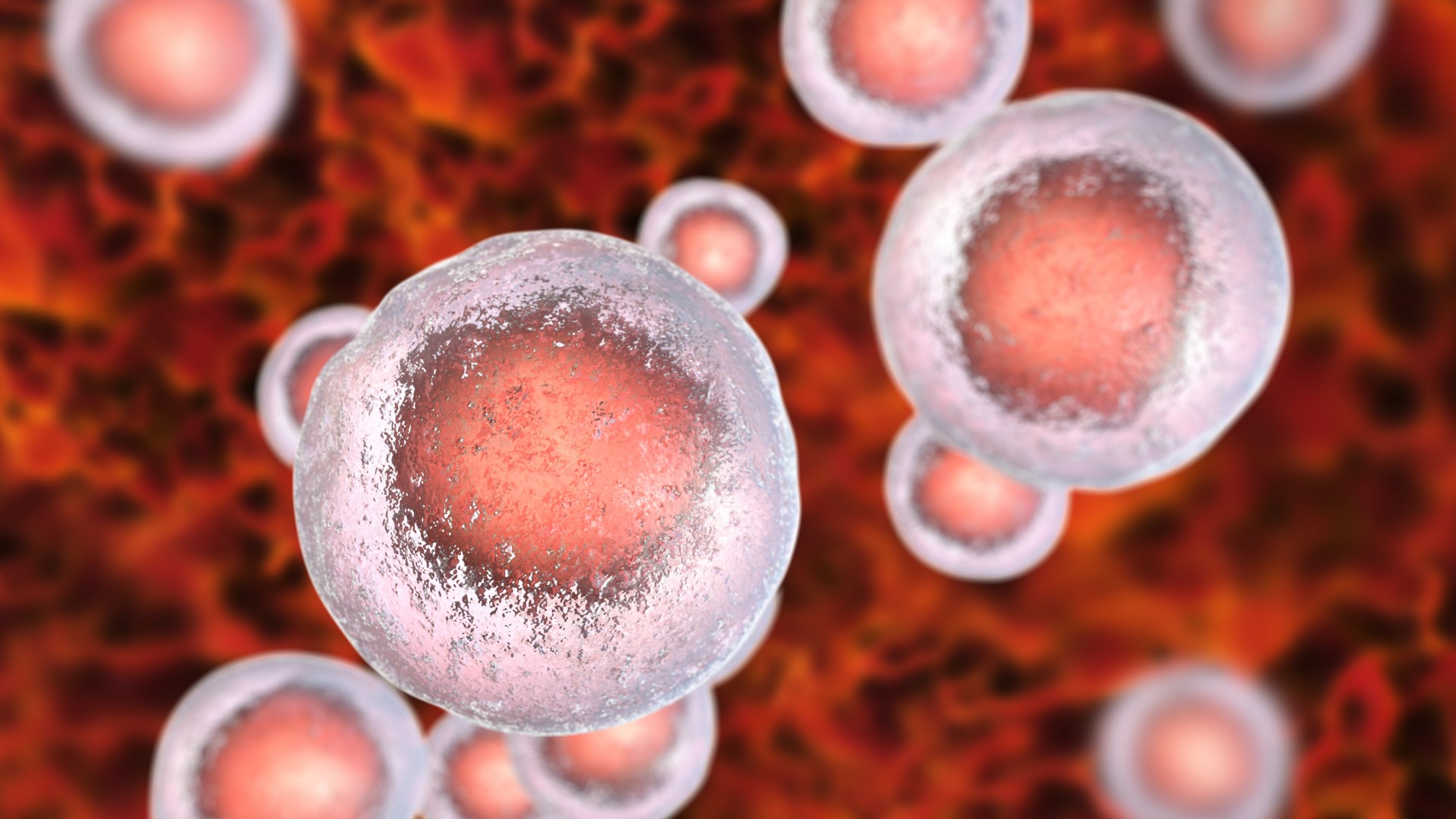
New immunotherapy could make blood more 'youthful,' mouse study hints
By Emily Cooke published
In mice, a new type of immunotherapy appeared to partly turn back the clock of "immune aging."

Hair-straightening cream tied to woman's repeated kidney damage
By Emily Cooke published
A woman developed kidney damage three times in two years after repeatedly visiting a salon for a hair-straightening treatment.

NASA's Voyager 1 sends readable message to Earth after 4 nail-biting months of gibberish
By Emily Cooke published
After four months of being unable to detect comprehensible data from the Voyager 1 spacecraft, NASA scientists have had fresh luck after sending a "poke."
Sign up for the Live Science daily newsletter now
Get the world’s most fascinating discoveries delivered straight to your inbox.

